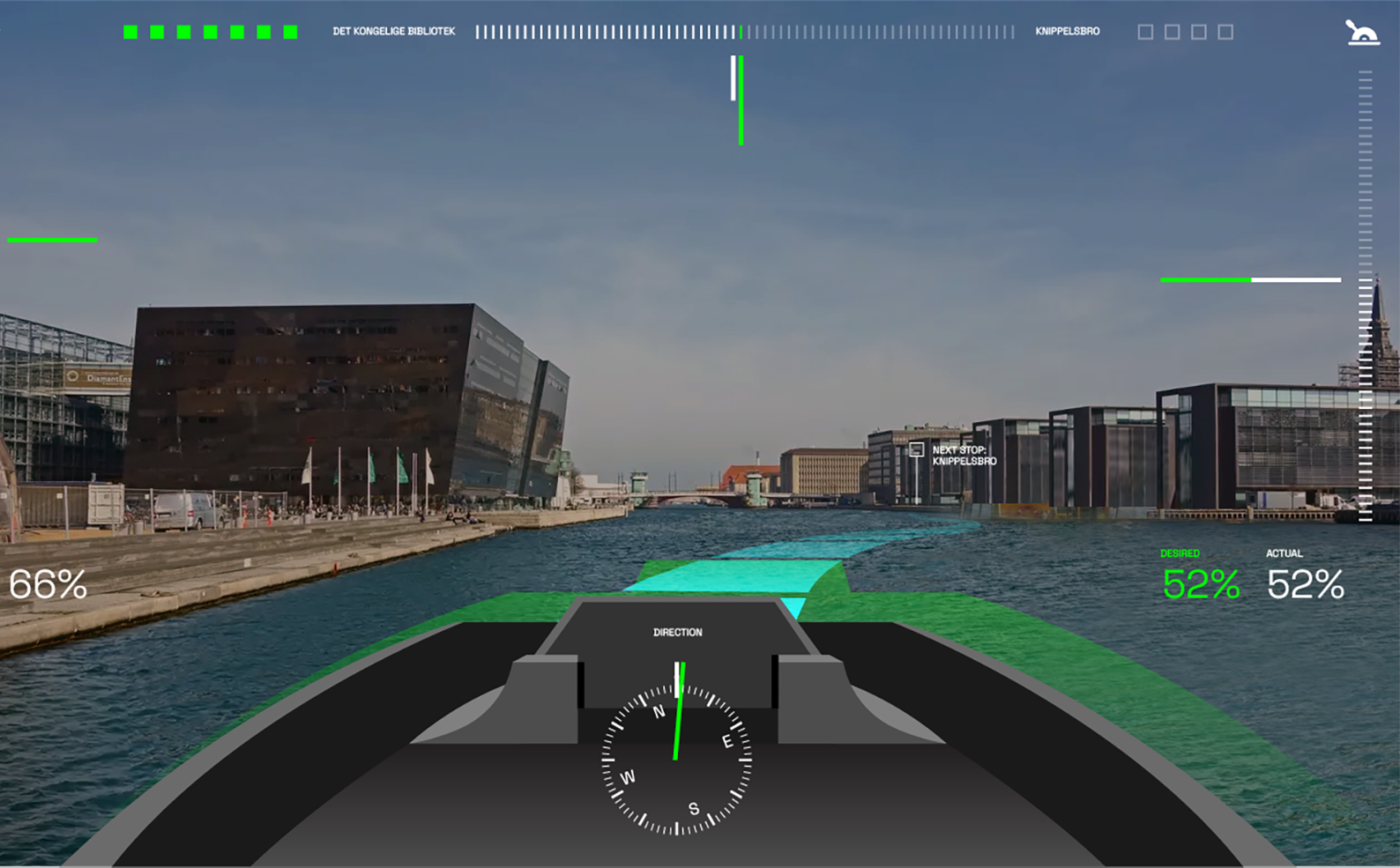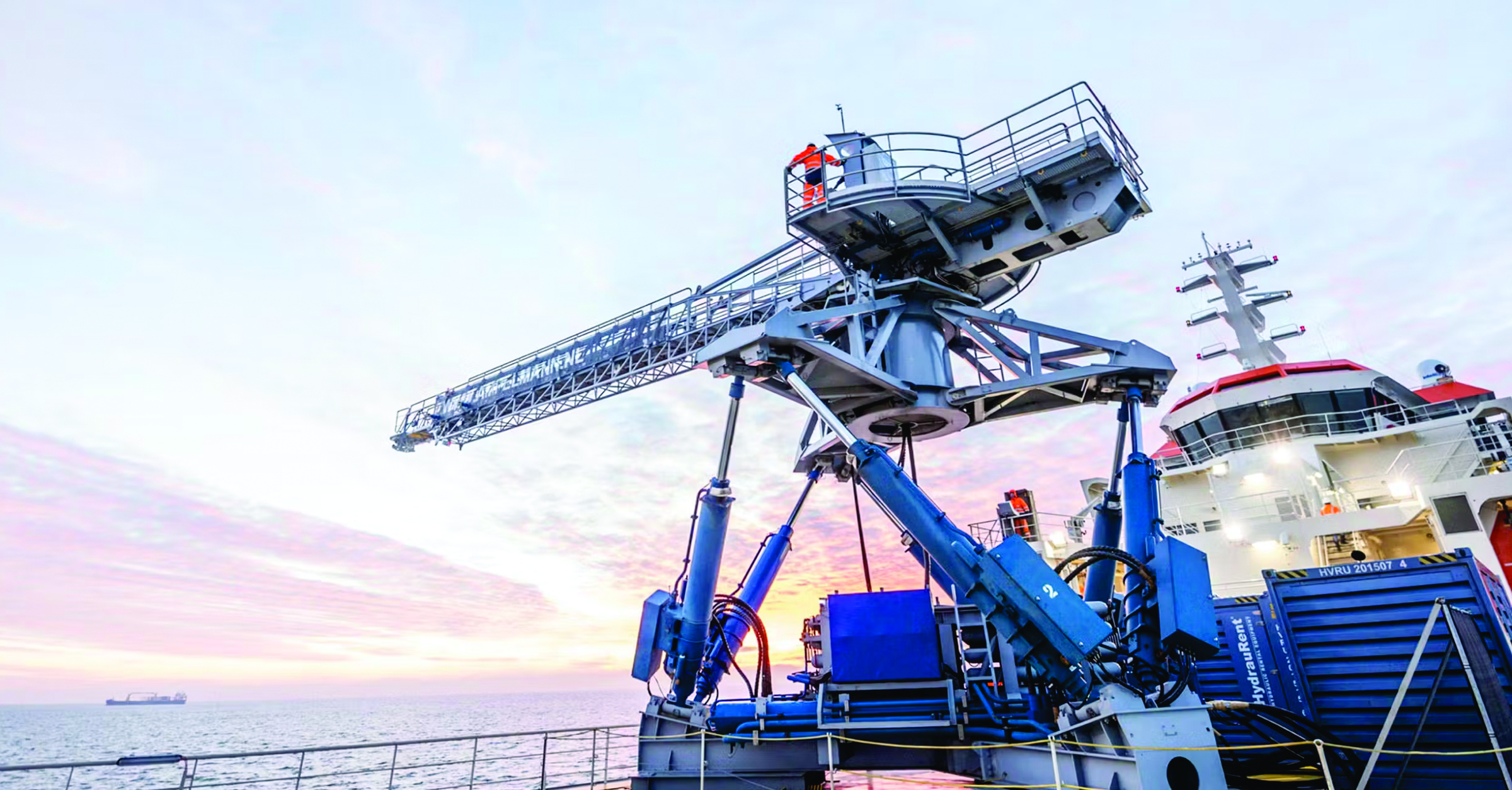The end result was the"Ampelmann Insights" platform, a solution where design met functionality. It's not just a data visualization tool, but a comprehensive platform catering all stakeholders in the offshore access industry.
A particularly innovative feature are the 'edge case scenarios', providing insights into instances where operations were halted, ensuring that such situations were meticulously reviewed, understood, and addressed.
The introduction of Ampelmann Insights marked a significant leap in the digital transformation journey of Ampelmann's offshore operations. By offering stakeholders the tools to derive meaningful interpretations, forecast operations, and act on real-time insights, Ampelmann effectively moved from a reactive to a proactive operational stance. The emphasis shifted from just acquiring data to optimising operations based on that data, embodying the core tenets of digital transformation.












